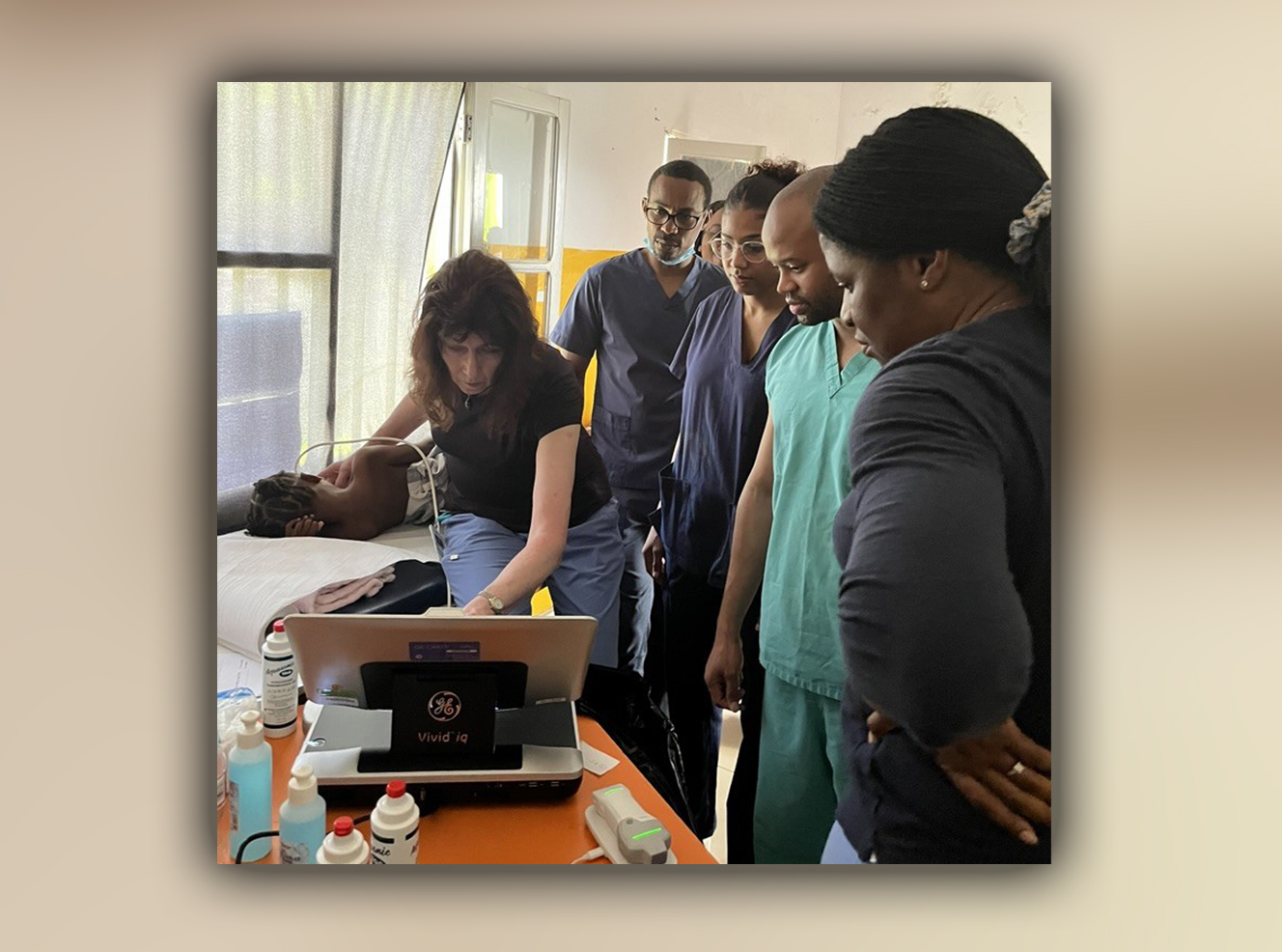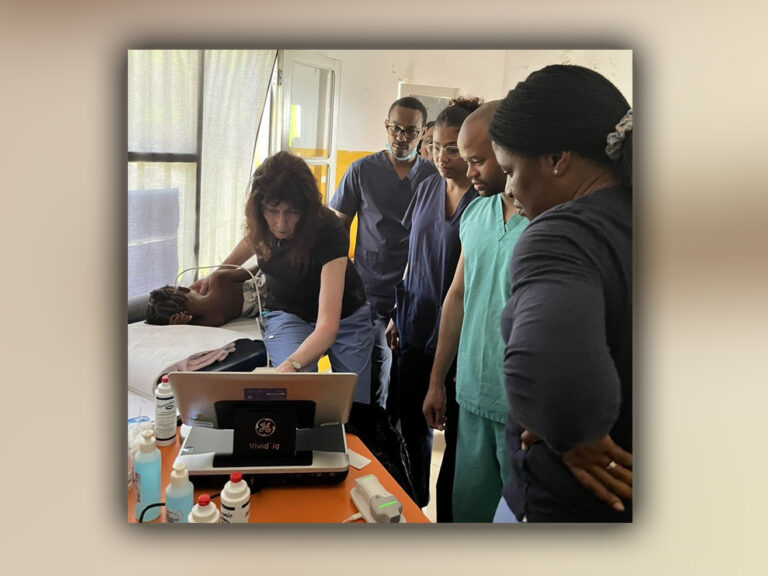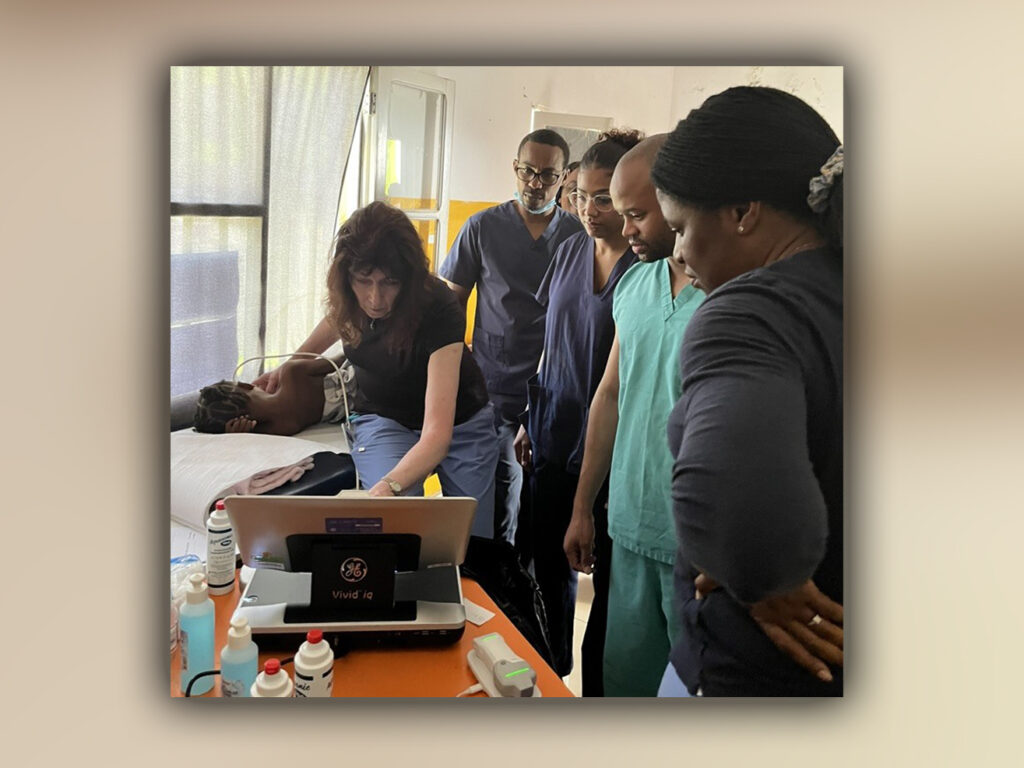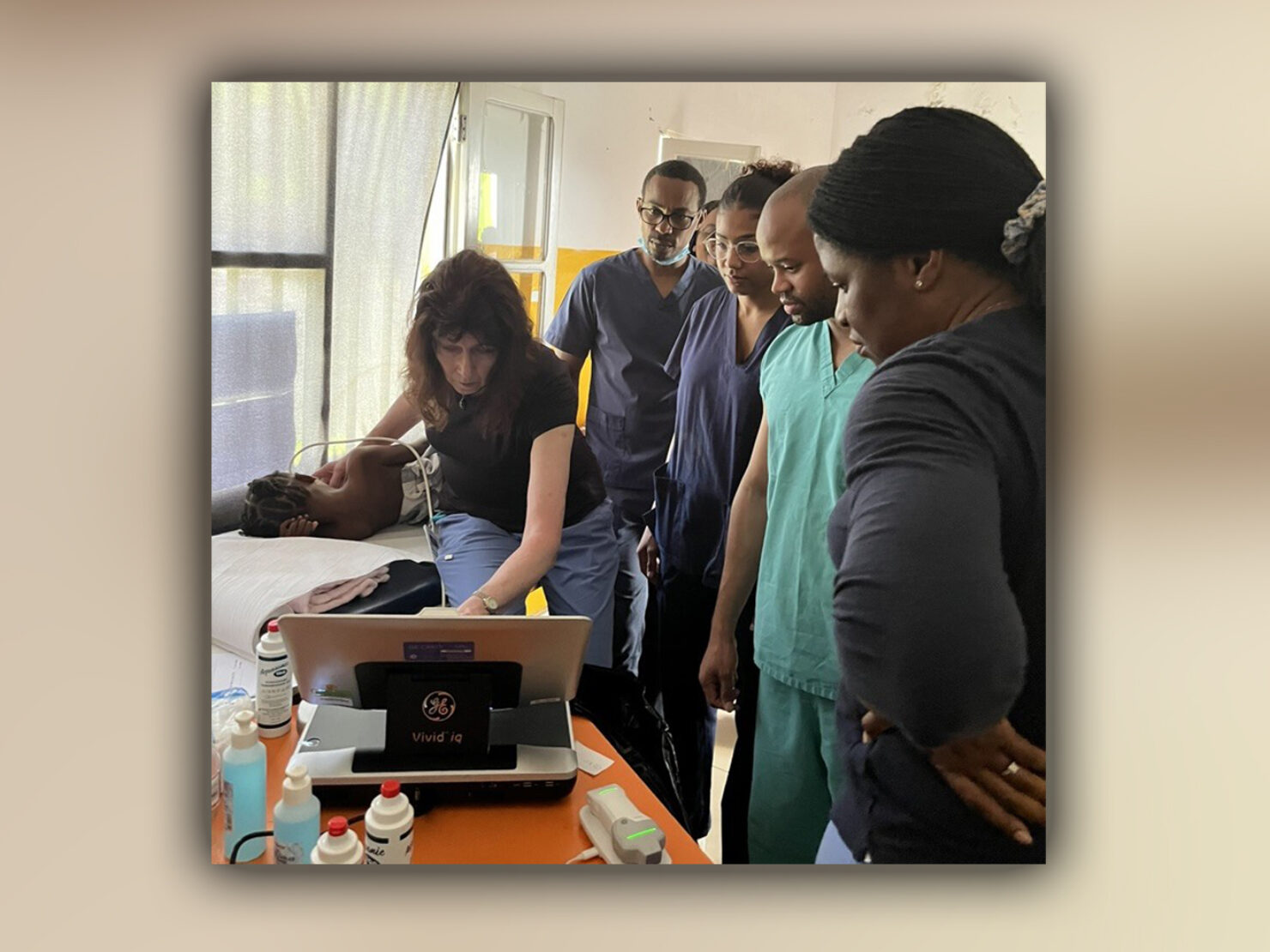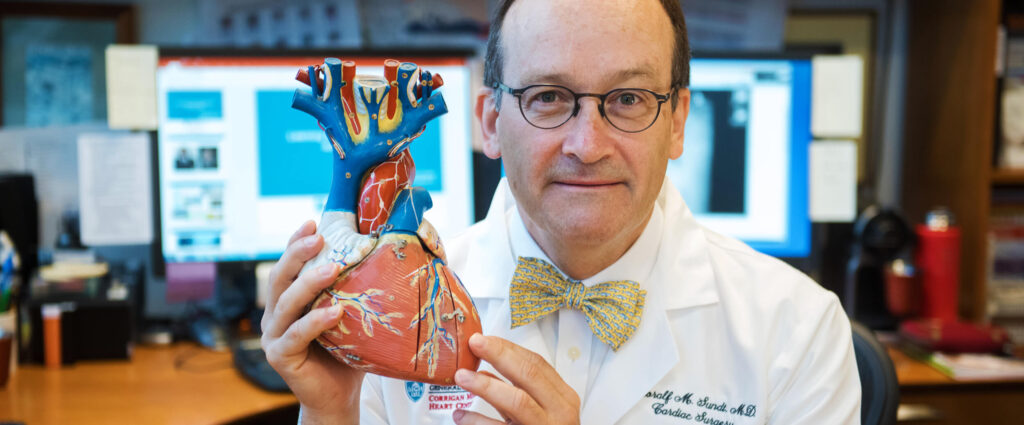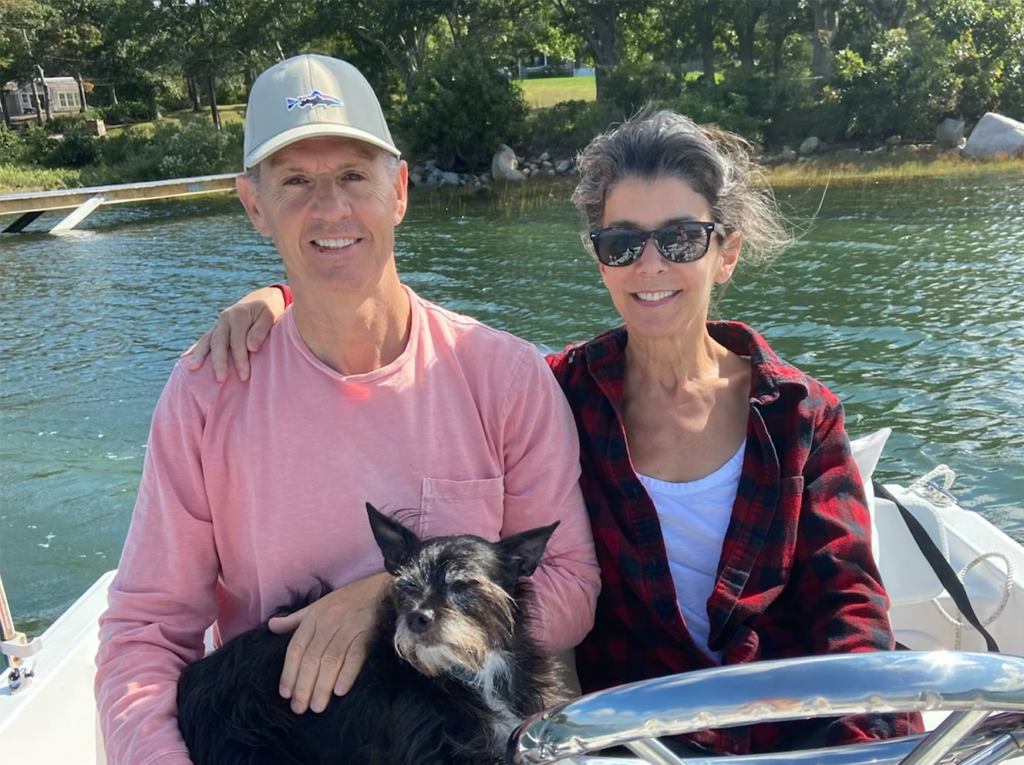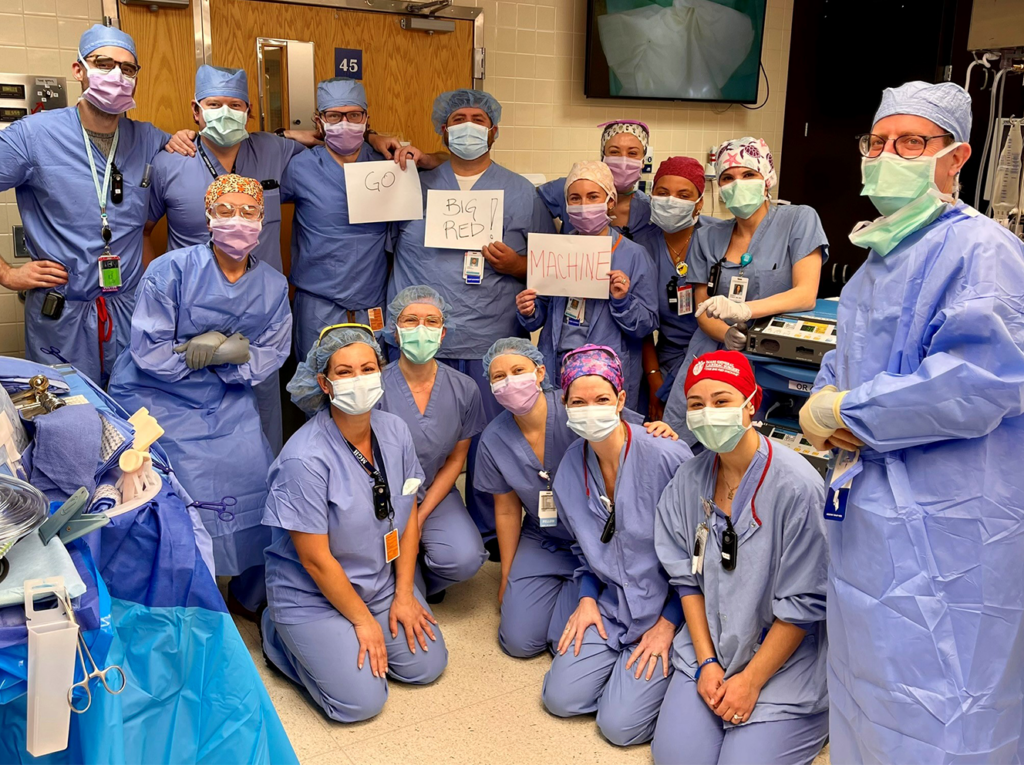For Oyere Onuma, MD, easing the burden of heart disease around the world has always been at the forefront of her work.
“The biggest driving passion for me is that heart disease is the leading cause of death globally,” she says. “It disproportionately affects individuals in low-and middle-income countries, making up 75% of all heart disease related deaths worldwide.”
Dr. Onuma is the founding director of the Global Cardiovascular Health Program at Massachusetts General Hospital. The Program aims to collaborate with clinical partners in low- and middle- income countries around the world to support improved access to cardiovascular care and reduce the burden of heart disease. It leverages Mass General’s clinical, training and research infrastructure to offer a pathway to train more cardiologists in their home countries to deliver high-quality care, expand research opportunities and advocate for eliminating barriers to accessing healthcare.
A Passion for Health Equity
Dr. Onuma is building a program she would have wanted to be a part of as a resident and fellow at Mass General when she arrived with a strong interest in global cardiovascular health. She is pursuing the very work she wrote about in her personal statement when applying for residency and constructing a pipeline of physicians and other health professionals to address cardiovascular health disparities across the globe.
“The Global Cardiovascular Health Program allows us to combine Mass General’s excellency and innovation in clinical care, unmatched research portfolio and education resources,” Dr. Onuma says. “We can leverage these things to address and advocate for this critical gap in heart disease care around the world, which leads to so many preventable deaths in resource-constrained regions.”
Dr. Onuma and her team work to bring resources and expertise to communities struggling with heart disease-related public health crises. “Our approach to this work is true, equal partnership with local leaders,” she says. “We don’t come to them with things we think should be addressed; we rely on them to communicate their most pressing public health priorities and to work with us to identify the ways that we can specifically help to address those areas.”
Working in Partnership
Over the last few years, the Global Cardiovascular Health team has partnered with local healthcare leaders in Cape Verde, an archipelago island country of West Africa, to address high rates of rheumatic heart disease there.
The program’s Cape Verdean partners indicated that rheumatic heart disease — a condition that occurs when heart valves are damaged by rheumatic fever, often caused by strep throat — is a major issue in their community. Due to a lack of screening and education, many young people in Cape Verde don’t know when to take symptoms seriously and access medical care, causing the disease to progress to stages at which fewer treatment interventions are available.
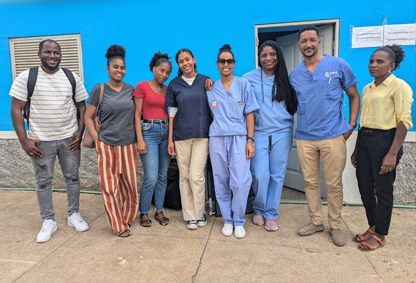
To solve the problem, Dr. Onuma’s team established a screening and prevention education program in elementary schools on the Cape Verdean islands of Santiago and Fogo, where rheumatic heart disease has been linked to high mortality rates.
Using handheld echocardiography machines, a resource provided by the Global Cardiovascular Health Program, Dr. Onuma and her colleagues have been able to screen hundreds of children in Cape Verde for rheumatic heart disease. Their goal is to lay the groundwork for screening and awareness measures to be implemented as standard practices within Cape Verde’s healthcare system, with the hope of eliminating rheumatic heart disease as a significant cause of death in the coming decade.
“The rheumatic heart disease screening and awareness program in Cape Verde has expanded to more than 400 children in local schools,” says Doreen DeFaria Yeh, MD, director of the Mass General Cardiovascular Disease Fellowship. “Our work is ongoing, with the local team utilizing portable ultrasound equipment to continue screenings, and education continuing in schools — but there is still a tremendous need for equipment, and that is where philanthropy can have an enormous impact on our work.”
The team estimates that there are still around 40,000 children in Cape Verde who need to be screened, requiring more handheld echocardiography machines, trained individuals, and an expanded team at the Mass General Global Cardiovascular Health Program to support these efforts.
“In order to scale this program, which we believe is achievable, given that our strategy has proven effective in our initial efforts, we will need additional resources and equipment, for which we often have to rely on private funding,” says Dr. Onuma. “Philanthropic support of our program would catalyze our efforts, so that, sooner rather than later, we are no longer needed in Cape Verde and can move on to tackle heart disease in other parts of the world.”
To support the Mass General Global Cardiovascular Health Program, click here.
